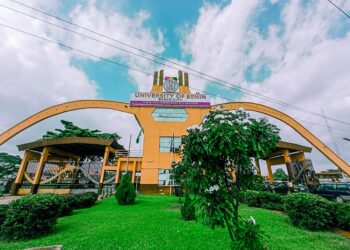The Republic of Turkey is granting work permits to foreigners. However, you must first obtain a job in the country to be able to work and live in Turkey.
When you receive an employment offer, you must apply to the nearest Turkish mission for a work permit and visa.
Foreigners use work permits through consular offices in their home country or country of nationality. The required documents for your application are your passport, visa application form, and a letter from your employer.
Your employer must submit additional documents to the Turkish Ministry of Labor and Social Security (MLSS) within ten working days of your application.
The Ministry of Labor and Social Security decides whether to grant or deny work permits. Work permits are the same as residence permits.
Thus, if the Ministry approves a work permit, the foreigner is charged an Entry Visa fee, Work Permit Certificate fee, and Residence fee by Turkish consular offices. Because the Work Permit card serves as a residence permit in Turkey, the “Work Annotated Visa” issued by these offices can only be used for entry and a maximum of 90 days.
How to Apply: The list of the documents needed to apply is on this website ( https://www.csgb.gov.t). Applications are finalized within thirty days at the latest. Upon arrival in Turkey before starting work you need to be registered at the local police department within one month to obtain the necessary residence permit.
Who can receive a Work Permit? The work permit is granted to foreigners who will work in Free Zones in the country by the Ministry of Economy, those who will work in units under the Ministry of Culture and Tourism and foreign national personnel to work in universities by the Higher Education Board.
Others Work Permits are:
- Employment Purpose/Special Employment Purpose
- Assigned Lecturers/Academics
- Assigned Sportsperson
- Assigned Artists
- Assigned Free Zone Workers
- Assigned Journalists
- Montage and Repairman Purposes
- Find out more here
About Turkey: The Republic of Turkey is situated in an unusual geographic region, straddling both Asia and Europe. The nation practices a parliamentary, secular democratic and pluralist system.
Turkey joined the UN in 1945, and in 1952 it joined NATO. Turkey’s northern region has a temperate climate, whilst its southern region has a subtropical climate. Tourists usually have beach vacations during the warmer months when the water is up to 25 degrees.
Turkey is renowned for various oriental and European aspects, like the Hagia Sophia and traditional Turkish tea. Additionally, the nation is well-known for its carpets, hammams, bazaars, travel hotspots like Cappadocia and Istanbul, Turkish delights and Turkish coffee.
It is also the world’s largest producer of hazelnuts.
The World Bank classifies Turkey as an upper-middle-income country in terms of the country’s per capita GDP.


















